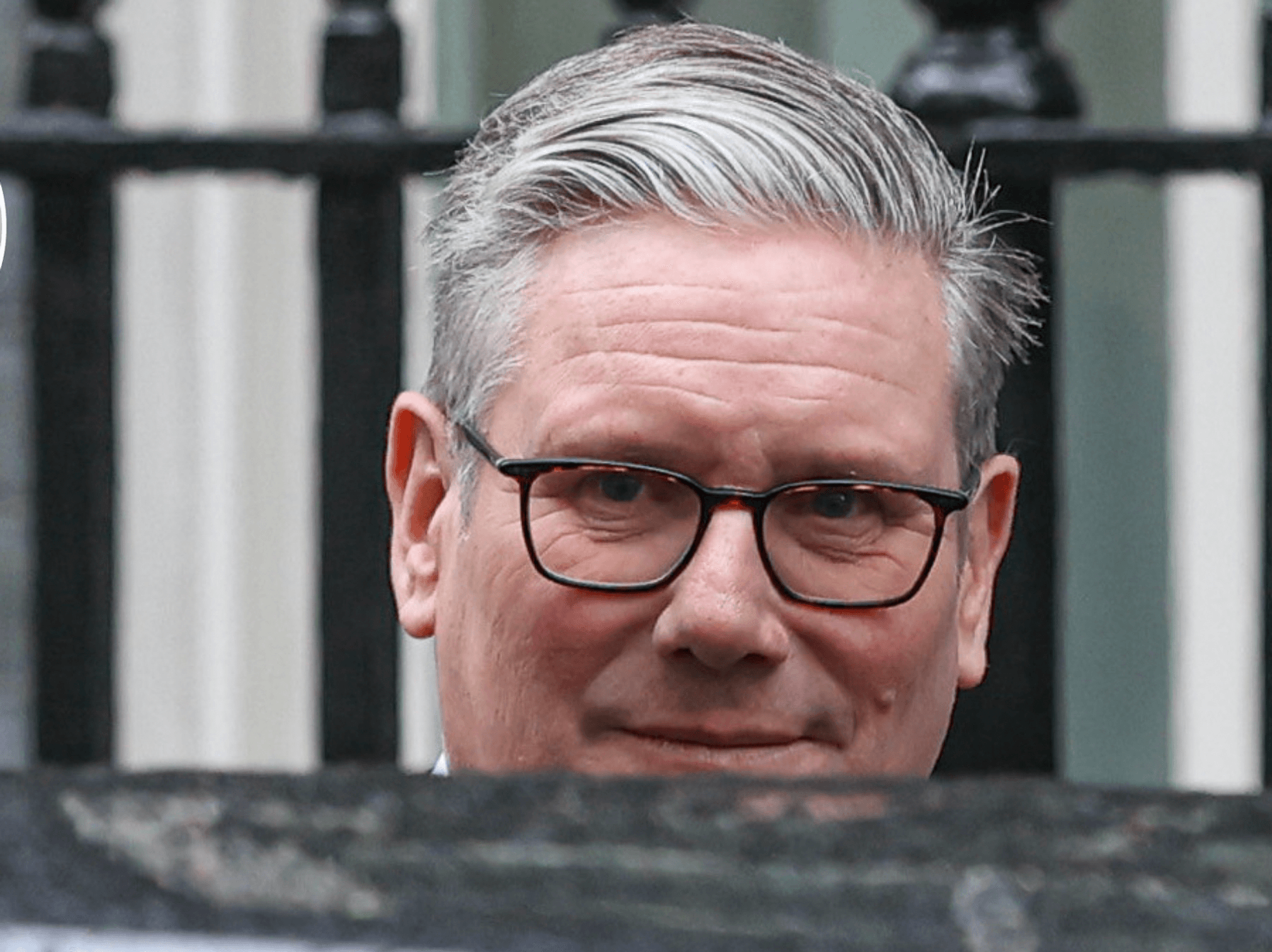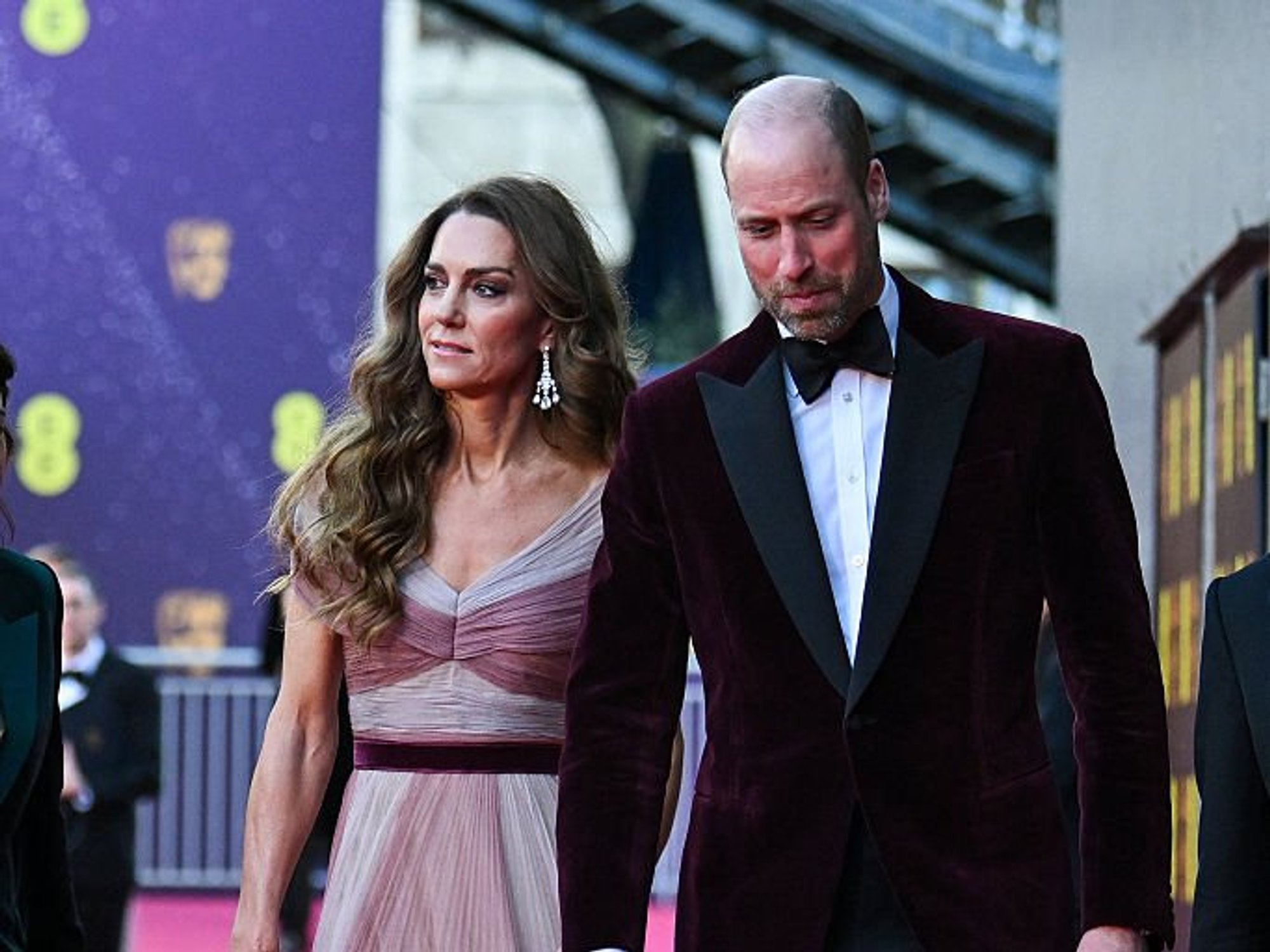There's an obvious way we could have avoided scrambling around for more Ukraine funding, says Nigel Nelson

Nigel Nelson | GB News

Don't Miss
Most Read
Latest
Do you ever wonder how history will treat the tumultuous times we live in? Will Liz Truss’s 49 days as PM merely be a footnote, or will she be judged as the misunderstood visionary she thinks she is.
Could she one day be to politics what William Blake became to poetry? Ignored at the time, but a genius to the generations who came afterwards.
Might animal rights activists get their way so in 100 years the Grand National will no longer run, consigned to history’s dustbin along with bear baiting and cock fighting?
In a century from now, when the 2024 Tobacco and Vaping Act will stop anyone below the age of 115 from legally buying cigarettes, will our descendants marvel at the stupidity of those who set fire to sticks in their mouths to wreck their lungs?
Covid should provide a chunky chapter in the history books, but even just four years on from the first lockdown it’s become a fantastical, fuzzy memory.
Did we really queue two metres apart outside shops and mask up to go inside to buy a pint of milk? Isolate ourselves from friends and family for weeks on end? Lock up returning travellers at Heathrow to quarantine them?
We did, and it was history repeating itself. They were more or less the same mitigations used in 1348 when the Black Death arrived at our shores and killed a third of the population.
Quarantine is even a word from that era. Ships were not allowed to unload passengers and cargo for 40 days until the authorities were sure they were disease free. It comes from quarantino, Italian for 40-day period.
It can be over-egging it to make too many modern comparisons with historical events, but I can’t help noticing some similarities between today’s politicians and the heroes of the French Revolution - GB News presenter Jacob Rees-Mogg, say, as the neat and precise Robespierre to Boris Johnson’s ebullient Danton.
Good thing that the guillotine is no longer around to punish political mistakes, eh lads? Even Robespierre’s intellect, incorruptibility and oodles of virtue didn’t stop his bonce being chopped off.
We are too close to Brexit to know whether history will treat it kindly. It’s constitutional impact has been compared to the Reformation, Henry VIII’s brush with socialism which saw the Church IN England nationalised to become the Church OF England.
Historians see this as a seismic event, but to ordinary people living through it, not so much. They pretty much got on with their lives and went to church as they had always done, possibly remarking in passing that it was nice to hear the Bible read out in English for a change.
Much less upheaval anyway than if Henry II had carried out his threat in 1168 to convert to Islam. We could be living under Sharia law now and shoplifters would be walking around without any hands.
What we already know about Brexit is that both Leave and Remain ran shonky and dishonest campaigns. And there will be no plaudits in history for that.
Project Fear warned that leaving the EU would hike income tax by 8p, cause the loss of 3.3 million jobs and add £36 to an M&S gent’s suit. How are those predictions going?
Vote Leave promised oven ready trade deals, buses delivering £350million a week to the NHS, and cuts in immigration. Ho ho and ha ha to that one. At the time legal immigration stood at 333,000. Now it is more than double that.
Brexit has been neither the disaster its detractors prophesied nor the success its supporters promised. Perhaps in 100 years we’ll be back in the EU, or maybe in a new EEC - if the Trans-Pacific Partnership morphs into a Eurasian Economic Community. Hard to see, but it would certainly reduce the risk of nuclear Armageddon having Russia and China in the club.
It was Winston Churchill who told the House of Commons in 1948: “Those that fail to learn from history are doomed to repeat it.”
In my experience politicians do not learn from history, but they can be influenced by it. The response of Western leaders to the Russian annexation of Crimea in March 2014 was oddly muted compared to our whole-hearted support for Ukraine now.
It may be coincidence, but the centenary of the beginning of World War One was uppermost in all our minds that year - TV schedules packed with documentaries, bookshops groaning under the weight of anniversary tomes and newspapers full of it.
What that brought home was how easy it is to start a global war. It took just 37 days for a minor terror attack in Sarajevo to escalate into a conflict which slaughtered 40 million people. And, suddenly, no one was quite so keen to confront Vladimir Putin anymore.
Future historians may well conclude that today’s war in Ukraine might have been avoided if only they had. And we would not need to be scrabbling around for extra defence spending now.










